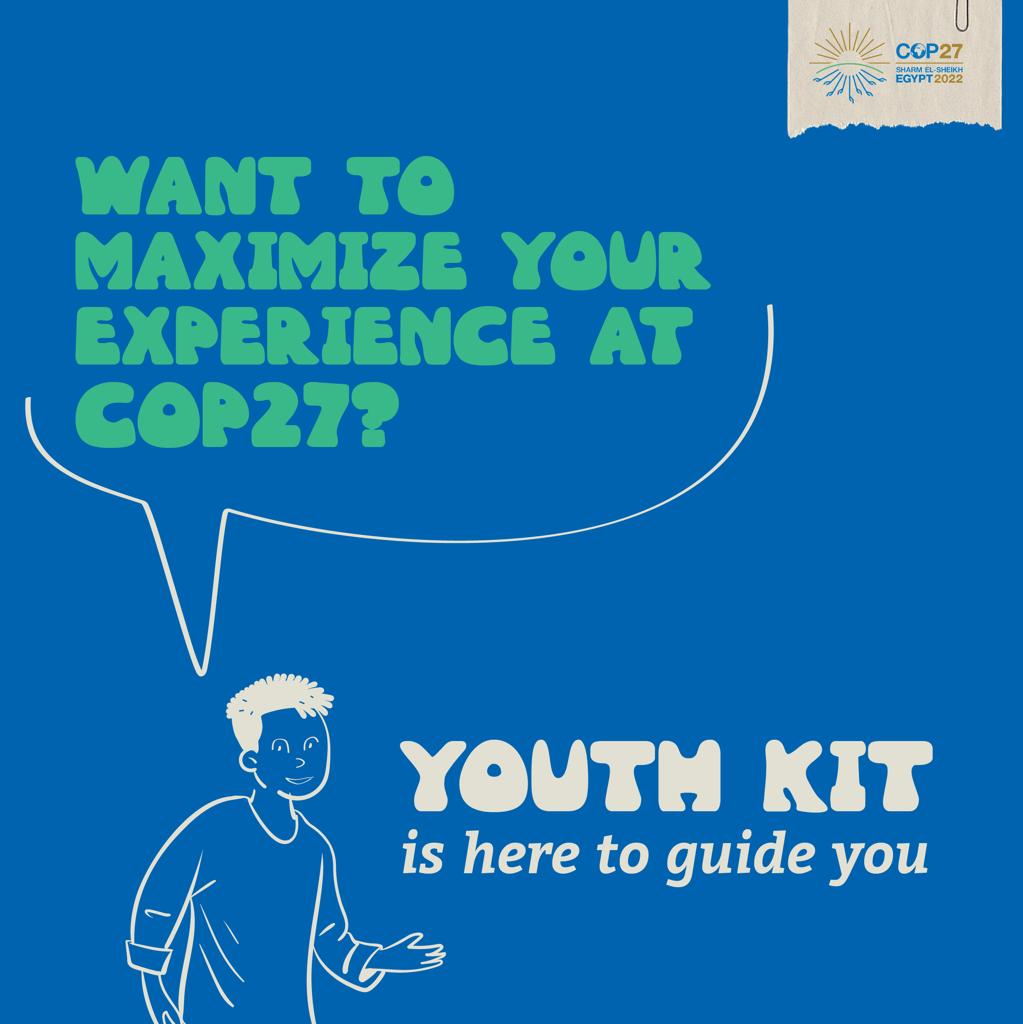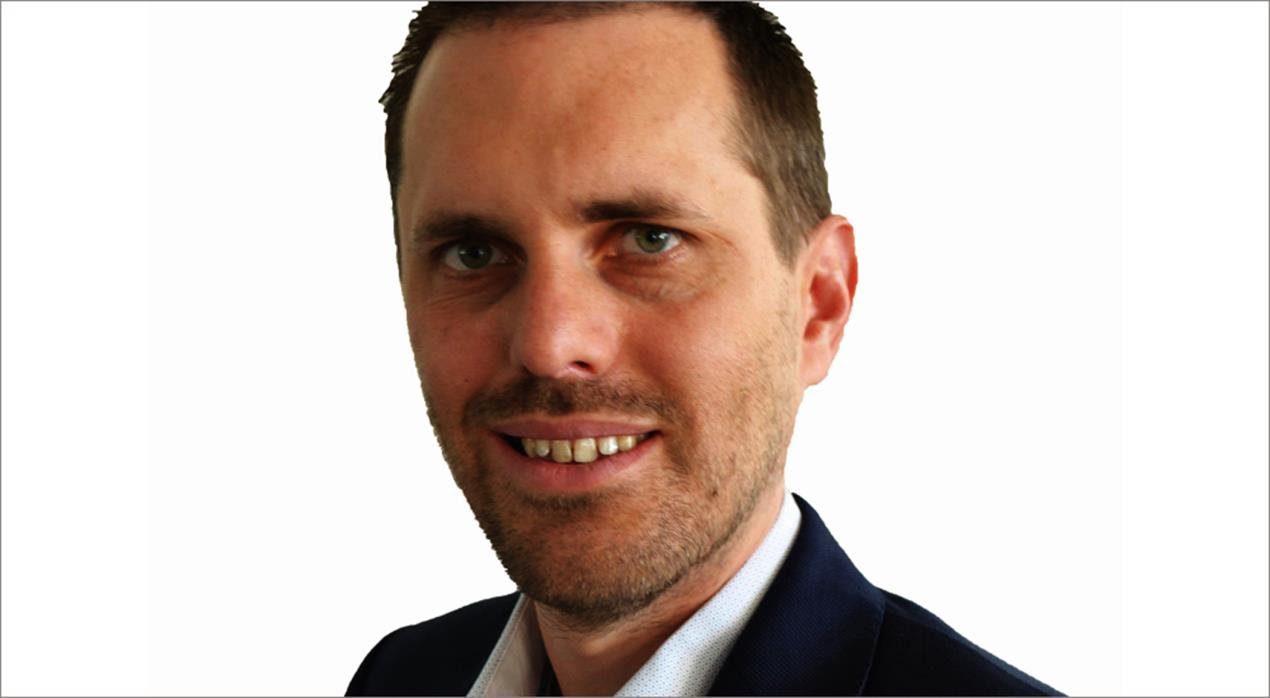The United Nations Global Initiative in Egypt “Youth of a Country” is participating in the 27th session of the United Nations Conference on Climate Change (Climate Summit) in Sharm El-Sheikh, represented by a number of ambassadors of the initiative to enhance awareness of climate change issues among young people, and highlight their important role in dealing with the issue of climate change And highlighting pioneering youth projects related to climate.
The Advisory Board of the United Nations Global Initiative in Egypt “Youth of a Country” will hold its first meeting on Monday (November 7) on the sidelines of the Climate Summit in Sharm El-Sheikh, at the beginning of exercising its duties as the body responsible for strategic decisions related to the initiative, which represents the first partnership in Egypt between the two government sectors. Private and young.
Four ambassadors of “Youth of a Country” will participate in various sessions and activities during the conference, and they are (in alphabetical order) Ahmed Dash, Amir Al-Masry, Habiba Marzouk and Nour Al-Nabawi.
The ambassadors of the “Youth of a Country” will attend the first meeting of the initiative’s advisory board.
In addition, the ambassadors will participate in the “World Youth Forum” session, which reviews the role of the “Balad Youth” initiative in promoting green jobs in Egypt. Dr. Kevin Frey, CEO of the United Nations Global Initiative Generation Unlimited, Dr. Urmila Sarker, Global Director of Programs at the initiative, and Dr. Ghada Makadi, Director General of Partnerships at the United Nations Children’s Fund (UNICEF) and Director of the “Shabab Balad” initiative, will attend the session.
The Ambassador of “Youth of the Country” Ahmed Dash will moderate two sessions, one of which is on qualifying children and youth as partners in combating climate change, during which Egypt’s report to the United Nations on nationally determined contributions to reduce climate change will be reviewed. The second session reviews two reports, one of which is the first report on Egypt according to the UNICEF index of climate risks to children, while the other report deals with the impact of children on heat waves from a global perspective.
For her part, Ambassador of “Youth of a Country” Habiba Marzouk will moderate a joint session between UNICEF and the International Labor Organization on the skills needed to join green jobs and Egyptian initiatives in this field, while reviewing global experiences.
The Ambassador of the “Youth of the Country” Nour Al-Nabawi will moderate a session showcasing innovative solutions to the risks of climate change, which was completed by a training camp organized by the United Nations Development Program in Hurghada over a period of 6 weeks for young people from all over Africa.
On the sidelines of their participation in the Climate Summit in Sharm El-Sheikh, the ambassadors of “Balad Youth” will make field visits to pioneering climate-related projects in the Sinai region that are run by youth, with the aim of highlighting the opportunities available to entrepreneurs in this field.
Dr. Ghada Makadi, Director General of Partnerships at UNICEF and Director of the “Balad Youth” initiative, said, “Young people are entrusted with the issue of climate change as responsible for the future, and it is very important for them to participate in the climate conference as owners of the cause, and for them to have an effective role and presence in the conference.
She added, “Participation in the climate summit is fully consistent with the vision of the (Youth of a Country) initiative to promote awareness of various climate issues among young people, and to participate in developing future strategies to deal with climate change.”
The “Youth of a Country” initiative, which was launched last January during the World Youth Forum held in Sharm El-Sheikh under the auspices of President Abdel Fattah El-Sisi, aspires to be a sustainable national platform for youth and for multilateral partners working together to ensure that young people in Egypt, who Between the ages of 10 and 24, they will have opportunities in education and learning, by acquiring the necessary skills that qualify them for the labor market and entrepreneurship, and for them to have a positive participation in society by 2030.












